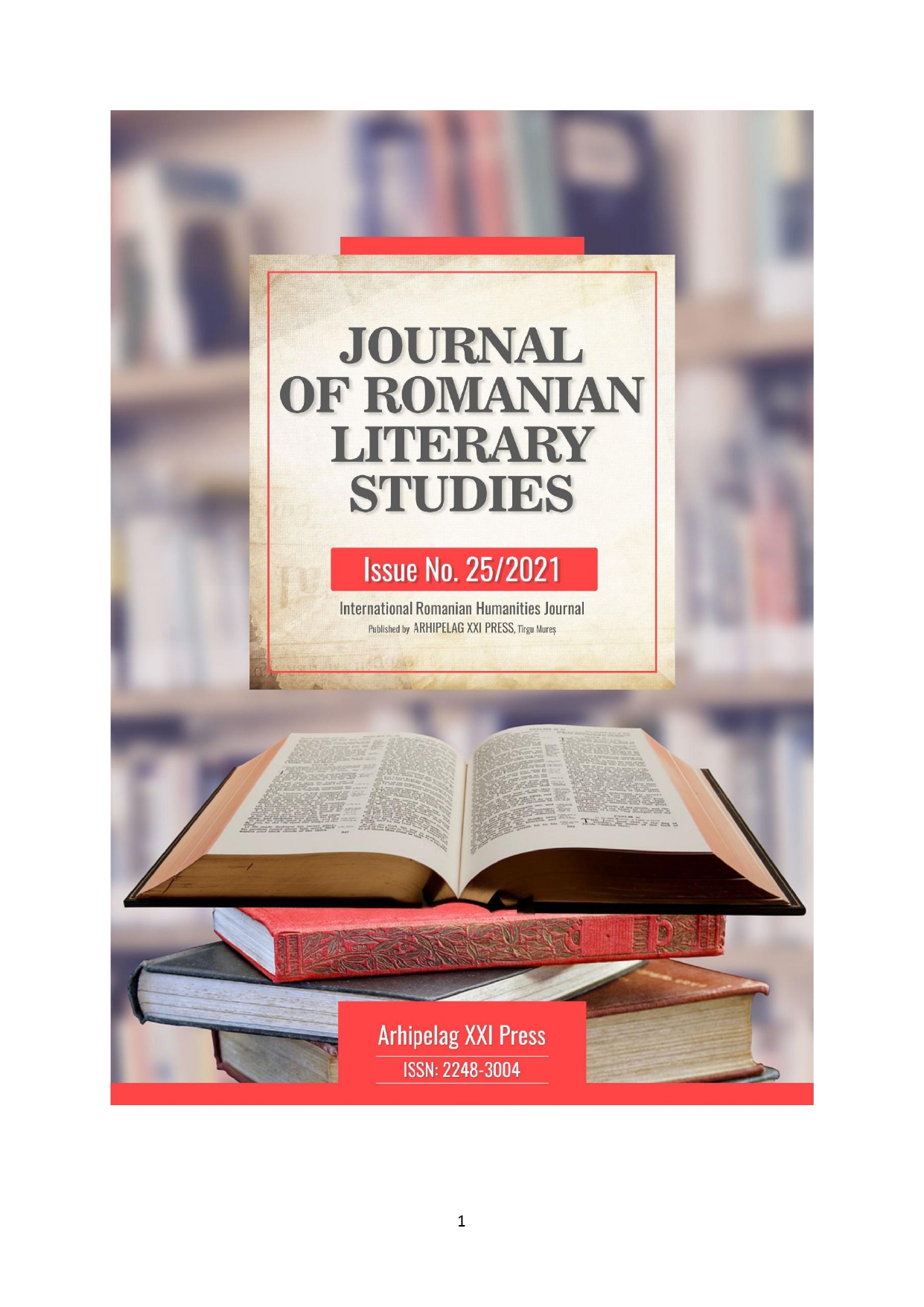SUSTAINABLE COMMUNICATION STRATEGIES IN PANDEMIC TIMES
SUSTAINABLE COMMUNICATION STRATEGIES IN PANDEMIC TIMES
Author(s): Suzana Carmen CismasSubject(s): Foreign languages learning, Media studies, Theory of Communication, Applied Sociology
Published by: Editura Arhipelag XXI
Keywords: communication strategies; sustainable mentoring framework; English for academic purposes;
Summary/Abstract: The pandemic interval has changed many communication strategies, especially in the area of didactic interactions. The academic discourse has been undoubtedly altered by shifting common understandings, new norms, unexpectedly emerging conventions in language, vocabulary, and dialogue rituals; the members of various discourse communities have generated an original community of practice. This is a time of enhanced autonomy fusing both independence and interdependence: independence entails taking responsibility for one’s own learning, setting objectives, and making informed pedagogical decisions based on certain forms of self-evaluation, while the development of learner autonomy is not only individual, but also social, with a group of learners collectively taking responsibility for and control of their own learning. The increasing use of English for study, teaching and research in higher education institutions worldwide has expanded the teaching of English for Academic Purposes (EAP). The development of a dedicated competence framework was presented for discussion in 2007, reflecting best practice as viewed by experienced professionals. The framework specifies core competences at master’s level, where practitioners are expected to demonstrate a systematic understanding of the main theoretical areas of a discipline and critical awareness of the current issues on debate. They need to exercise independent initiative so as to make complex decisions, plan tasks or deal with problems in the absence of complete or consistent data. They should show commitment to continue to develop professionally. Core competences of professional EAP practitioners have been set for providing all professors new to the field, and their trainers, with clear goals and descriptions of their role; hence the relevance of the mentoring activities implemented and analyzed in this study, best performed in the second semester as interactions between undergraduates and master students.
Journal: Journal of Romanian Literary Studies
- Issue Year: 2021
- Issue No: 25
- Page Range: 1369-1382
- Page Count: 14
- Language: English

